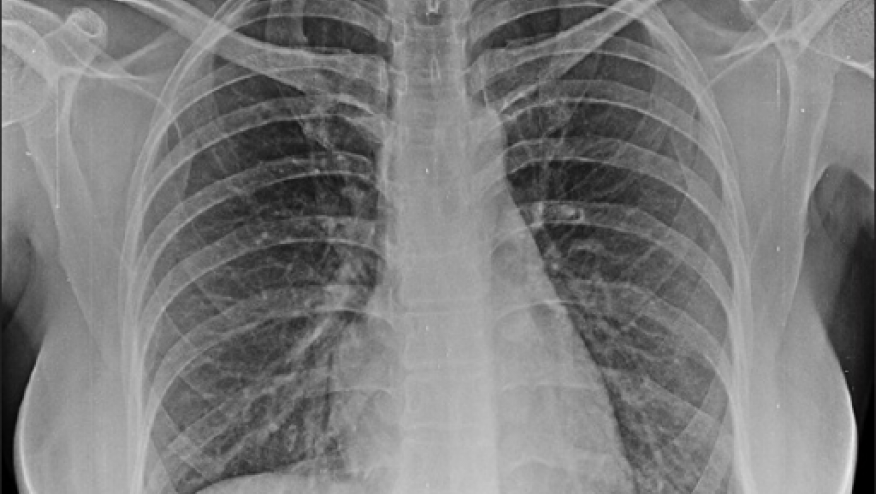Specific ACPAs and Autoantibodies Lead to RA-Associated ILD Save

A BRASS registry study shows that specific isotypes of anti-citrullinated protein antibodies (ACPAs) can be associated with incident rheumatoid arthritis-associated ILD (RA-ILD). Early idtentification of RA-ILD is extremely important as it is a major contributor to premature death among patients with RA.
This nested case–control study utilized data generated prospectively in the Brigham Rheumatoid Arthritis Sequential Study (BRASS) registry, matching RA-ILD patients with RA without ILD. ACPA and anti-native protein antibodies were assayed and associations were calculated from logistic regression models.
When comparing 84 incident RA-ILD cases (mean age 67) with 233 RA controls (without ILD; mean age 66 years), they identified six fine-specificity antibodies that were significanly associated with RA-ILD, including:
- IgA2 to citrullinated histone 4 (adjusted OR 0·08)
- IgA2 to citrullinated histone 2A (aOR 4·03)
- IgG to cyclic citrullinated filaggrin (aOR 3·47)
- IgA2 to native cyclic histone 2A (aOA 5·52)
- IgA2 to native histone 2A (aOR 4·60)
- IgG to native cyclic filaggrin (aOR 2·53)
These autoantibodies better predicted RA-ILD better than did all clinical factors (AUC 0·84 versus 0·73). Moreover these antibodies could be used with clinical factors (smoking, disease activity, glucocorticoid use, and obesity) to develop a predictive risk score with a specificity of 93% or higher for RA-ILD.
More studies are needed to show if these antibodies have clinical utility in predicting the development of ILD in patients with rheumatoid arthritis.











If you are a health practitioner, you may Login/Register to comment.
Due to the nature of these comment forums, only health practitioners are allowed to comment at this time.